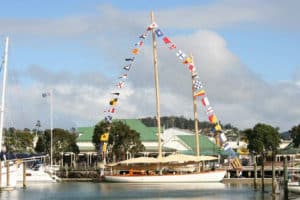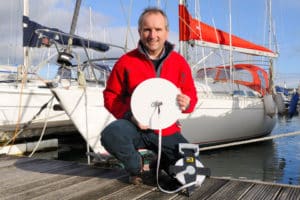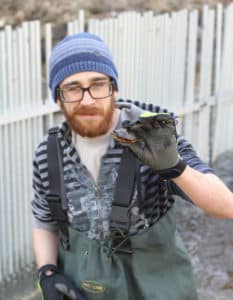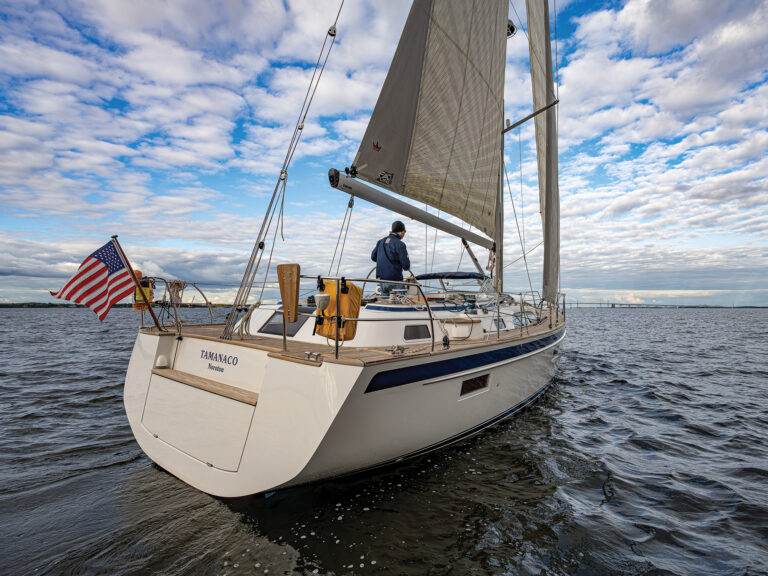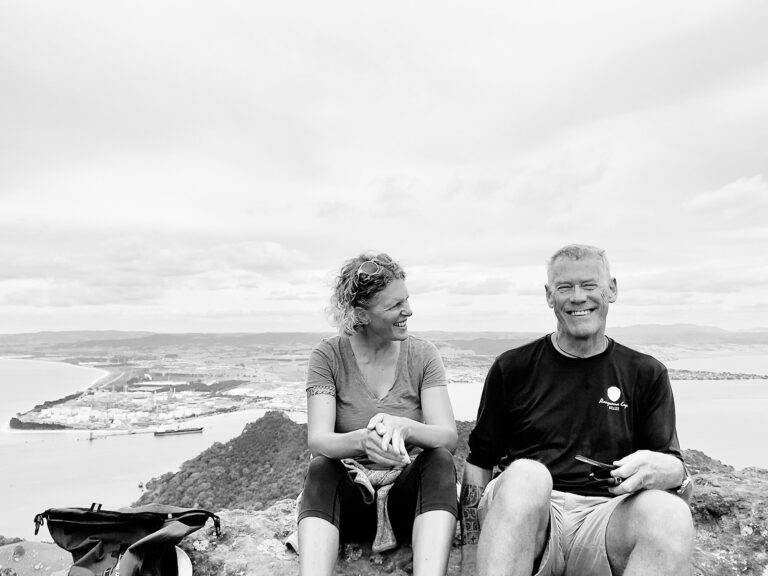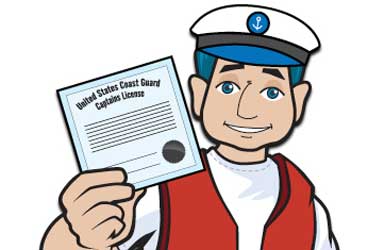
WIndtraveler- Captain’s License
As many of you know – Scott got his Captain’s license (or, rather, passed the test – he still has to get all his paperwork in). The class was 9 straight days of intensive learning in a classroom setting, followed by hours of studying either at the yacht club or library. Knowing Scott, I knew he would pass with flying colors (he is incredibly smart and when he sets out to do something, he does it 100%). But he DID learn some interesting rules, tips, tricks that he didn’t know before. With no further ado, here they are:
1. If your masthead light is on, while sailing at night, you are considered a “power driven vessel” as far as right of way is concerned. We had no idea!
2. The term “tonnage” does not mean that’s what your boat weighs. Tonnage, when it comes to boat speak- is a measure of volume, not of weight.
3. You might be a paid captain, after all! If you take your friends fishing, for example, and they bring a case of beer and a few Subway sandwiches on board and you do NOT finish ALL of the food/drink before you return to the harbor, you are technically being “paid” and you must have your captain’s license.
4. Life jackets are lifesavers. “Each life jacket must be marked in clearly legible block letters with the vessels name”.
5. How to create a deviation table. Scott’s pretty excited to get back out on the water to create a deviation table for our boat.
6. Do you know your real course? Your compass alone might not steer you home! Use: True course, Variation (+ or -), Magnetic, Deviation (+ or -), Compass – “True Virgins Make Dull Company” (add Whiskey (west), take away Ethics (east)). This acronym is used for calculating compass error correction from top to bottom. Confused? Take a look here.
7. Fun Fact: Many of the traffic laws in the USA were created based on maritime traffic rules (i.e. you drive on the right side of the channel, right side of the road).
8. Ever heard of the fire “triangle”? Fire is pretty much the worst thing that can happen on a boat at sea. Any fire must have three basic components (aka the fire “triangle”): Fuel, Heat, and Oxygen. Remove any one of these and the fire will collapse.
9. Abandon ship? Stay with your vessel as long as possible. As long as your vessel remains afloat you are probably safer remaining on board than taking to your life raft or survival craft. “Stick with the ship as long as it sticks with you”. We’ve known this since we were young, but it’s a good reminder. History shows that many more people involved in sea tragedies could have been saved if they stayed with their boats.
10. And the final thing he learned is that: No matter how long you have been a boater and no matter how much you think you know about boating, there is plenty more to be learned to pass the exam!
Obviously Scott learned a TON more – but these 10 things were ones that stood out as either something we should’ve known, were shocked by, or just thought were interesting. Hope you enjoyed!
Love,
Brittany & Scott
When two people, with the same life long dream of sailing around the world find each other, there’s only one thing to do… make it happen!
Which is precisely what we, Scott and Brittany, are doing aboard our boat, Rasmus_, a Hallberg-Rassy 35 which departed from Chicago September 2010! Follow along at _

